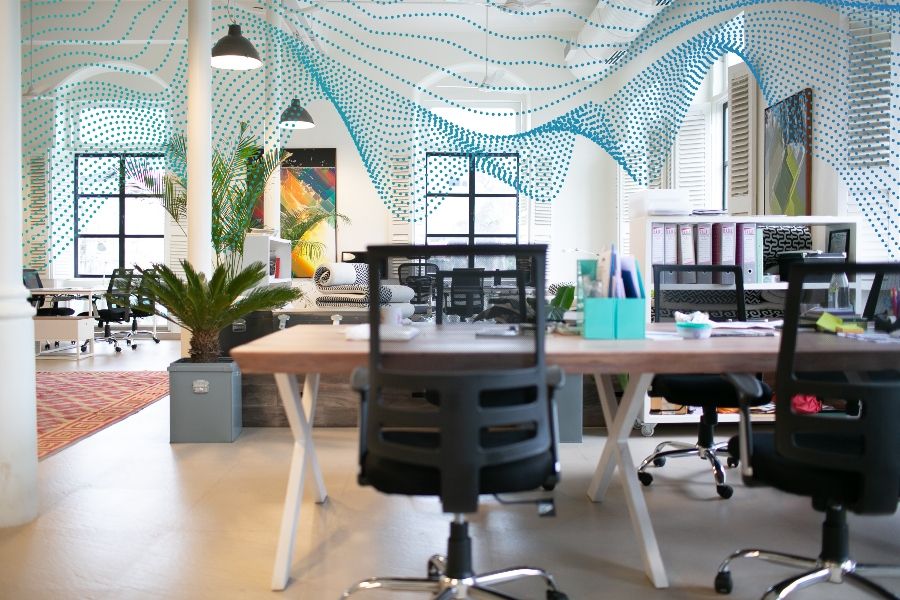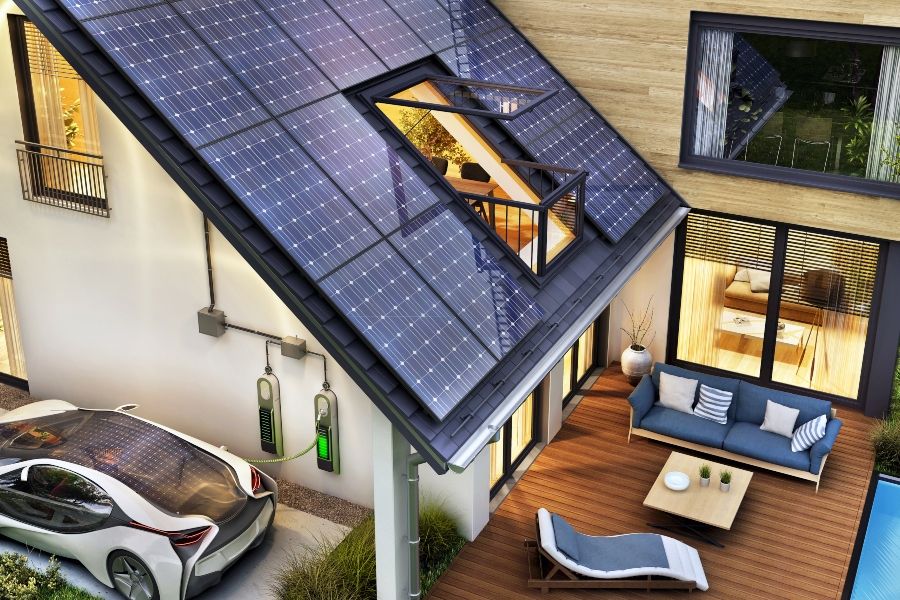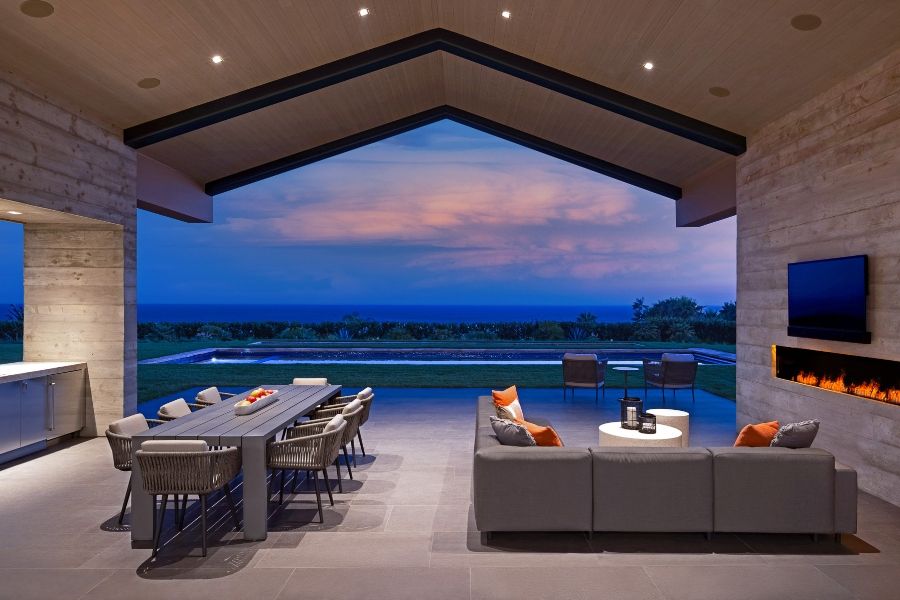Fifty-six percent of consumers have made a home or lifestyle change since COVID-19 emerged. Furthermore, thanks to COVID-19, the relationship between consumers and their home has shifted to enhance comfort, convenience, and safety, with smart home solutions uniquely positioned to address these needs. So as consumers continue to make investments towards the health and safety of their homes and family, the familiarity and adoption of smart home devices is only expected to expand.

According to recent research done by Parks Associates, those with high health and safety concerns are more likely to own smart home products. For instance, 61% of broadband households (BB HH in the chart) very concerned about the health and safety of their children own a smart home device.
The truth is, COVID-19 has triggered heightened concerns around the safety and security of properties and family members, driving people to seek solutions for these heightened needs. Even as schools and employment locations continue to reopen, many people are still cautious, either remaining socially distanced in these areas, even with the vaccine, or just remaining anxious in general. The lifestyle changes COVID-19 imposed on the world have been drastic enough that it is reasonable to expect these practices will continue for years to come.
This is especially true for caregivers and loved ones as COVID-19 has cast nursing homes as infectious disease hotspots. Thirty-five percent of people are very concerned with the health and safety of an aging loved one, and 67% of those people plan on purchasing a smart home device in 2021 to assuage that concern. This means smart home players have an opportunity to serve elderly citizens and their caregivers by developing features that cater more specifically to this demand.
Smart Device Interest Raises in Non-Traditional Homes
Those living in multi-dwelling units (MDUs) share the same concerns, though, they also have additional anxiety over common areas present in their properties like elevators where they are forced to share a tight space with many other people. MDU renters are also uniquely constrained from alterations to their residences, but can still purchase smart home products to increase the security and comfort of their home. Instead of a whole home air purifier, a renter might then opt of a smart room purifier.
As a result smart home device manufacturers and service providers are developing new solutions catered to unique needs of MDUs. The same research from Parks Associates shows that these renters are highly interested in smart home rental features and are even willing to pay more to be able to have access to them. An average of $18 additional rent per month, to be exact. This equates to roughly $1.9 billion in add-on revenue opportunity annually, which is a huge opportunity for property managers.
Overall these findings indicate only solidify the idea that consumers are making long-term lifestyle changes in response to the COVID-19 crisis. Understanding the mindset of consumers, their concerns and needs, both in the short term and long term, is critical. And companies that address the growing health and safety needs of consumers are being rewarded, taking a share from those that are slower to adapt to this dramatic shift in the market.
Another version of this article originally appeared on CE Pro.






